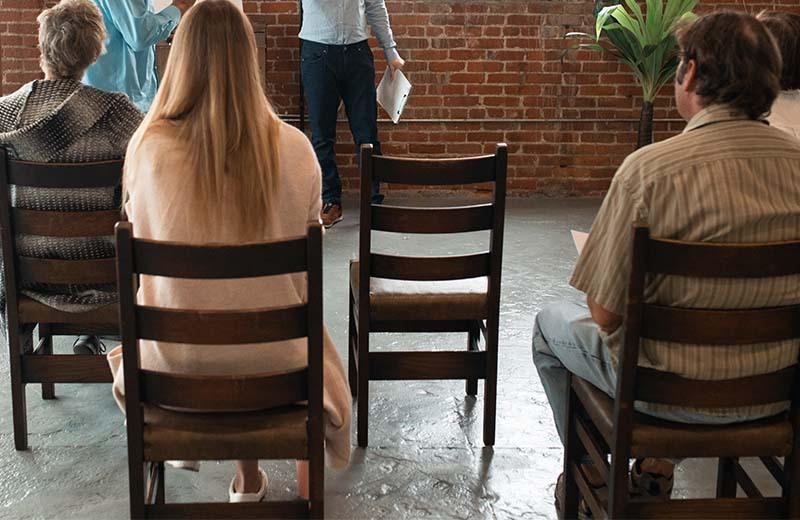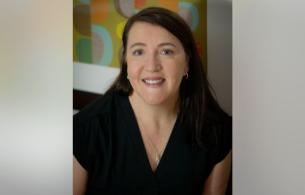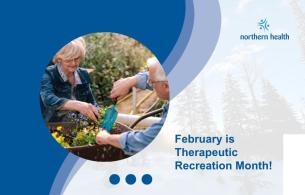Editor's Note: The following story shares one employee’s experience with a program supporting people with the expressed goal of abstinence. Northern Health engages with patients across the spectrum of substance use, partnering with them around their expressed goal whether it is harm reduction (safer use and education), reduction of use, or abstinence. We strive to meet people where they are at, and work with them around their personal wellness goals.
--------------
As someone attending an Alcoholics Anonymous (AA) meeting as a guest, I didn’t know what to expect, but was really impressed by the impact it had for all who attended. Open AA meetings are one way for friends and family members to support loved ones in the program.
During a visit to Vancouver last December, I was asked to go with someone to an open meeting – my acquaintance was nervous to go in person after mainly attending pandemic-friendly Zoom meetings over the last two years.
I was touched they asked me to go. I’m also curious by nature, so I was intrigued. I know a bit about AA in the abstract, but have never really known what happens at meetings.
The group met in the basement of an older church, with some people arriving early to set up chairs that faced a small podium. The meeting started on time and lasted exactly one hour. It wasn’t formal, but it had a set agenda. A variety of people were there – a diverse group of about 30.
A couple of volunteers (who were also program participants) chaired the meeting. They opened with general information about this group and others, then provided readings including “How it Works,” which outlines the Twelve Steps of AA’s program. They then celebrated participants’ milestones: 1, 30, 60, or 90 days of continuous sobriety.
The rest of the meeting consisted of people sharing, which is exactly what it sounds like: people took turns at the podium to talk about their experience and hopes in recovery – sharing stories, funny or deep thoughts, or advice to newcomers.
Throughout, people talked about why they were in the program, how they ended up there, and what the program meant to them. Some spoke of their past struggles, while others spoke of current ones. In addition, many people shared their personal achievements to celebrate with the group. Each time someone finished sharing, everyone in the room clapped for them.
Peer support without judgement
As per the Alcoholics Anonymous website, AA is a fellowship of people who come together to solve their problems with drinking alcohol. Meetings are free, and there are no age requirements to participate. Membership is open to anyone who wants to do something about their drinking problem. The program is based on one alcoholic helping another.
People who come to AA are looking for help. They’re struggling with alcoholism and need support. Yet, the atmosphere at the meeting was positive and low-key.
I’m the first one to acknowledge that after attending just one meeting, I still don’t know that much about AA. More importantly, I now have a better understanding of what my friend is going through and how I can be a support for them.
It was humbling to be in a room with such raw emotion and human vulnerability, and in an atmosphere of no judgement. I wonder why we don’t have more interactions like this in our daily lives. It’s so important for people who are struggling with substance use to have a place where they can regularly share and connect with others in a profound way, and without stigma.
Leaving the meeting, I told myself that I would like to be more intentional about checking in with friends and talking about where we’re truly at in life, in all kinds of areas.
The meeting also confirmed my belief that we must all be more understanding of people who are struggling and accept them where they’re at. Everyone is trying their best and this can look different for everyone. Rather than judge, offer support and most importantly, listen.
Resources
- British Columbia Centre on Substance Use: Information for families and caregivers
- Ministry of Health: Mental health and substance use supports in BC
- Alcoholics Anonymous














Comments